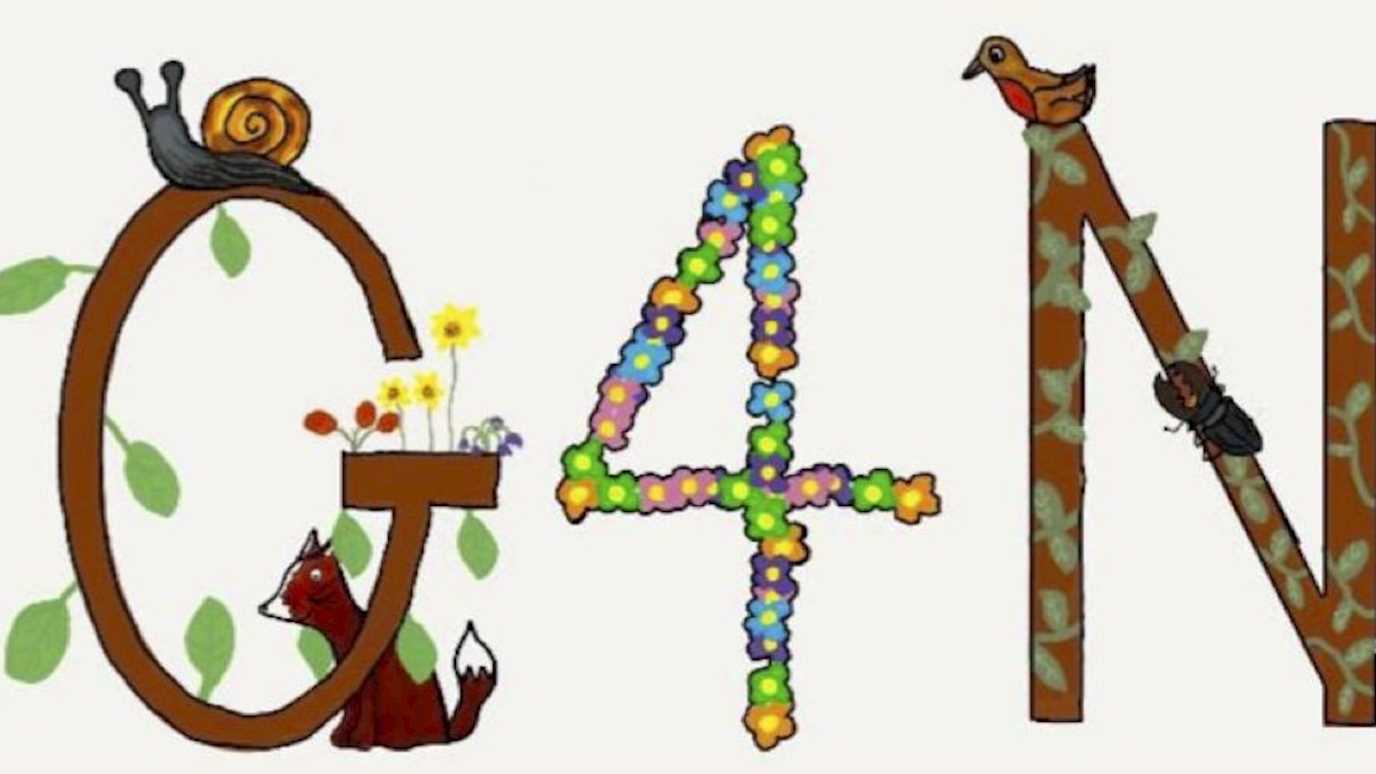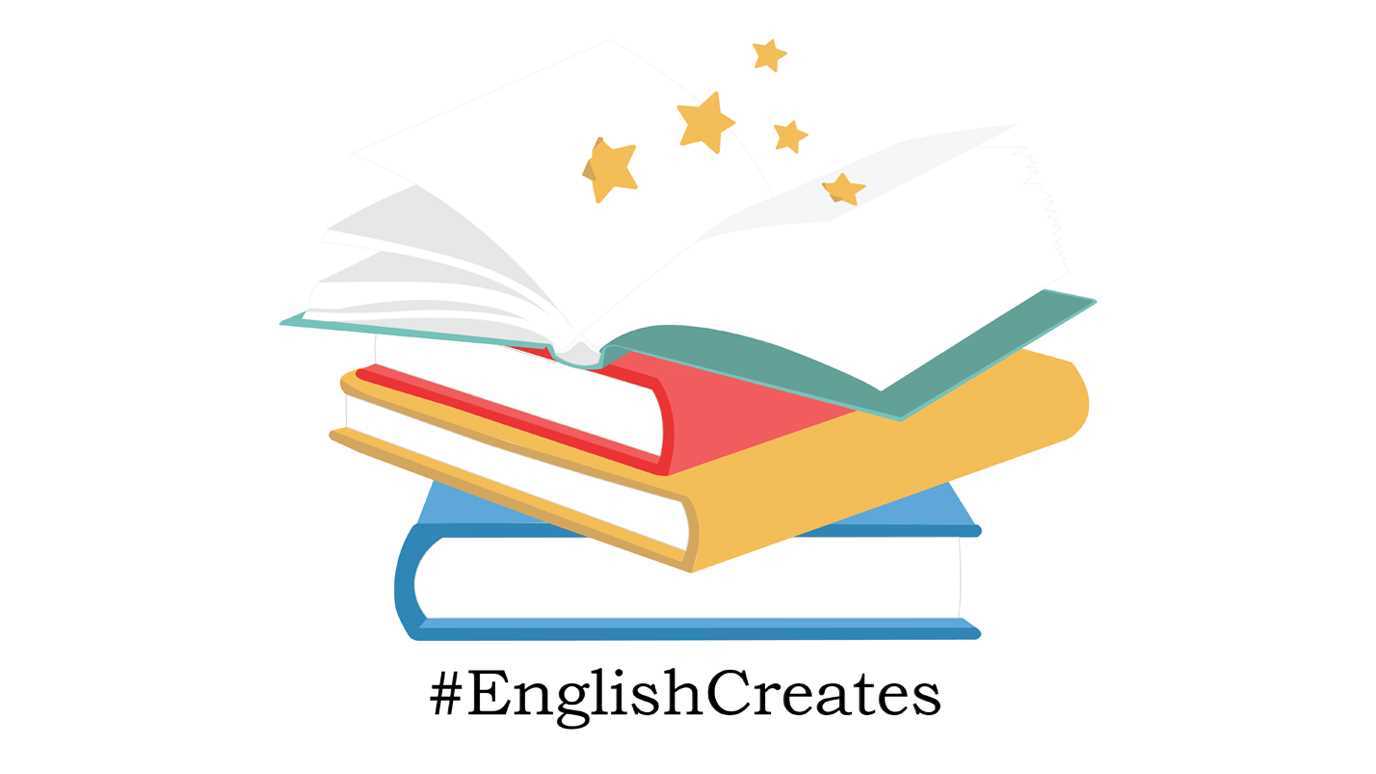School children across the UK are being asked to become wildlife explorers and discover the fascinating animals, plants and insects that live in their garden for a special project by Royal Holloway and the University of Brighton.

The #Grounds4Nature BioBlitz project will run from 4 to 11 June, 2020 and any children who want to take part can do so by asking their parent or guardian to simply download the ‘Seek’ by iNaturalist app and create an account. Children can then log the wildlife they find in their garden, from hedgehogs, to beetles and wildflowers.
With many species in decline, scientists are encouraging children to engage in a fun and meaningful way with local wildlife and research also shows that connecting children with nature is an excellent way to boost their mental and physical wellbeing.
Dr Deborah Harvey, Postdoctoral Research Fellow in the Department of Biological Sciences at Royal Holloway, said: “We would love to hear from as many children in the UK as possible about what they find living in their gardens to help us understand whether different species of wildlife and plants are doing well or declining.
“Now is an excellent time to do this and it will give children a fun thing to do, especially as we have all been staying safe indoors for so long now. Not only will the results help scientists, but it being part of the project will be great for children’s mental well-being and connection with nature.”
Taking part is as simple. Parents or guardians can sign-up to iNaturalist to create a free account and then send their username to R.White2@brighton.ac.uk to be included in this project.
Children can then start logging what wildlife they find on the app. More information and instructions on the project can be found here.
Top tips for a successful forage:
• Essential equipment: phone or tablet with Seek by iNaturalist App.
• Optional equipment: clipboards, pencils, magnifiers, lidded clear containers or trays to hold species.
• Search grassy areas for insects and plants such as daisies and clover.
• Carefully check flowers for visiting insects collecting pollen/nectar (bees, wasps and butterflies).
• When looking at trees, record what’s growing on them, such as moss and lichen.
• Gently tap flowers and leaves with a pencil to dislodge small insects onto a white sheet of paper.
• Search through leaf litter, look under stones and logs for invertebrates and other creatures, but make sure to put them back where they came from, as it’s somebody’s home.
• Families with a pond can try pond dipping!
• Look in the garden at night (out of the window) to see if there are any night-time visitors such as hedgehogs, foxes and badgers. Also look on closed windows for moths.
• Children should look carefully as they won’t be able to see much when they first start looking but as they look more carefully they will see more and more.
























